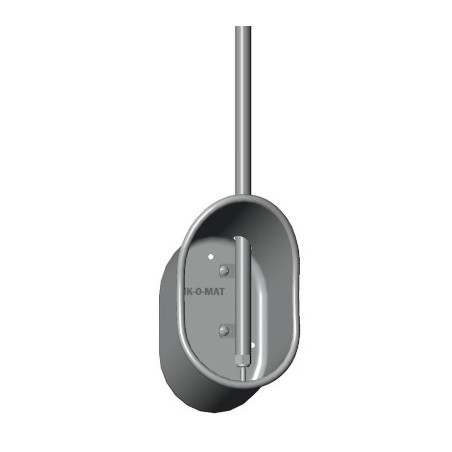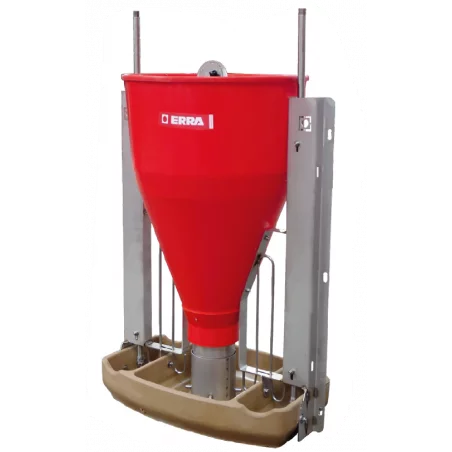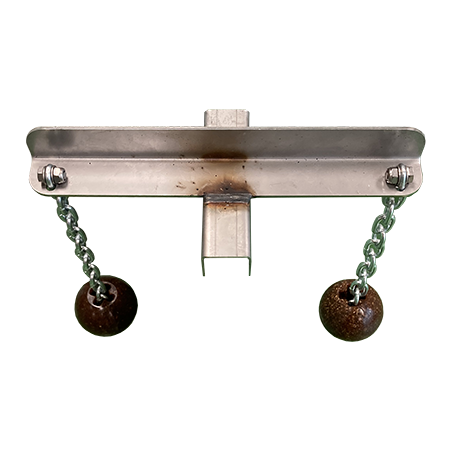In the modern view of farm animal nutrition, the optimal diet should contain not only the basal nutrients but also various biologically active substances that promote good health and lead to high quality meat products. Amongst the various plant species exploitable for animal feed, the seeds of the milk thistle (Silybum marianum L.) have been used mainly in digestive distempers related to the liver, which is why they might be beneficial for intensively raised fattening pigs, which have livers particularly burdened with metabolizing nutrients. Therefore, the aim of the present study was to determine the effect of milk thistle seed supplementation in pig fattener diets on productive traits, slaughter carcass traits, and meat quality as well as meat, backfat and liver fatty acid composition. For that purpose, 60 barrows (initial BW 25.0±0.5 kg) were selected for a 100-day trial. The animals were divided into 3 groups, with 20 pigs in each. The diet of the control group (group I) did not have thistle supplementation, while the remaining groups received 3% (group II) or 6% (group III) thistle in the mixture.
As a result, the 3% seed addition improved the ADG by about 2%, and 6% addition improved the gains by 3.8% during the grower period. There was no significant effect on carcass meat content but the backfat layer was thinner in the supplemented animals. Moreover, supplemented pigs’ meat was more saturated in red (significantly higher a* values) and less saturated in yellow (significantly lower b* values) for both fresh and cooked samples, and its texture, water-holding capacity and oxidative capacity were all improved. The addition of milk thistle seeds decreased the cholesterol content in lumborum muscle, backfat and liver, and these tissues were also characterized by higher polyunsaturated fat (PUFA) content and a lower PUFA n-6: n-3 ratio. Milk thistle seeds also increased the hypocholesterolemic : hypercholesterolemic (h : H) index in all tissues and reduced the thrombogenic (TI) and atherogenic (AI) indices.

In conclusion, levels of 3 and 6% milk thistle seed supplementation indicated a useful feed additive for fattened pigs to improve meat quality and oxidative stability. The higher dose of milk thistle seeds (6%) also appeared to be more effective in improving weight gain, feed utilization, PUFA content in tissues, and water-holding and antioxidant capacities.
Grela ER, Świątkiewicz M, Florek M, Wojtaszewska I. Impact of milk thistle (Silybum marianum L.) seeds in fattener diets on pig performance and carcass traits and fatty acid profile and cholesterol of meat, backfat and liver. Livestock Science. 2020; 239: 104180. https://doi.org/10.1016/j.livsci.2020.104180










